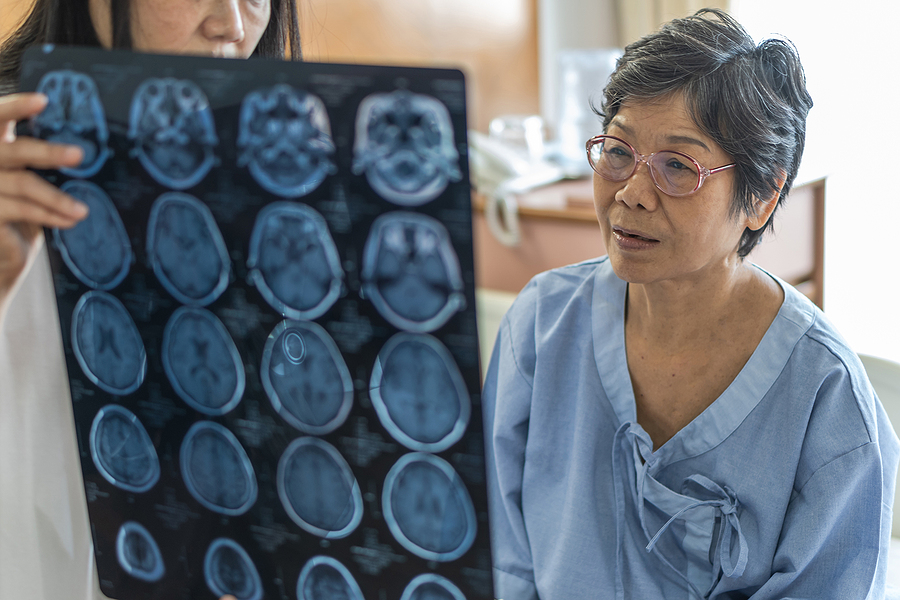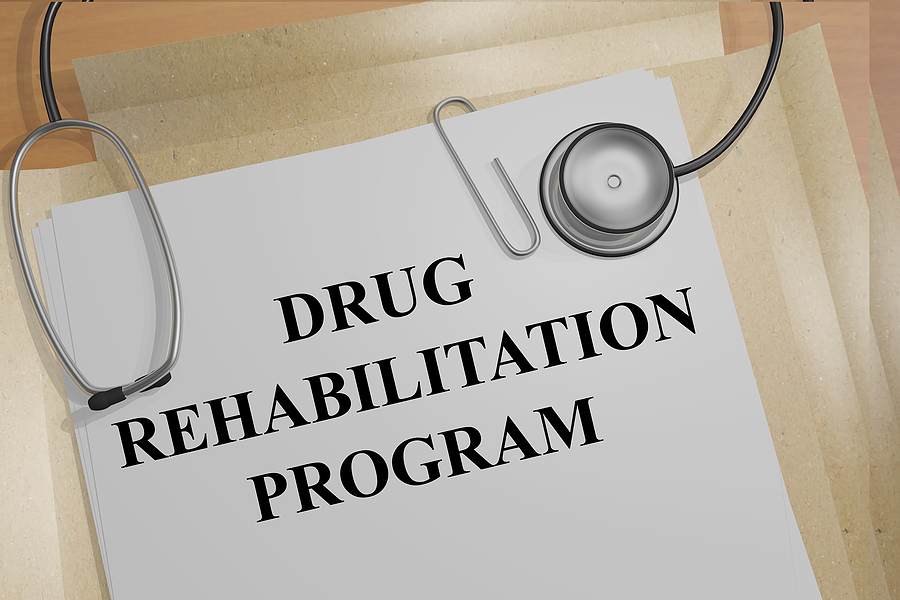Addiction affects the brain that is more than just mental. It changes how your brain functions fundamentally. That’s why addiction can be so hard to deal with without help from an outside source. It is also the reason why so many people fall victim to addiction.
Fortunately, there are ways to reverse many of the changes to your brain caused by addiction. You can break free of addiction with help from a treatment program from a medical facility or the one offered at Serenity Treatment Center of Louisiana. To help you see the way forward, here is a basic overview of what addiction does to the brain.
Changing How Pleasure is Created
All of the effects on the brain caused by addiction focus on pleasure. More specifically, it changes how the brain experiences pleasure.
Dopamine is a chemical created by your brain when you experience something you like. The more dopamine that is created, the more pleasure you can feel. Substance use interferes with dopamine creation and use.
Various substances trigger dopamine creation or flood the brain with other chemicals that interfere with dopamine use to trick your brain into experiencing pleasure. When you get high, this is the feeling that you have. Your brain is overloaded with pleasure chemicals without having to do a lot of extra work to make that happen.
Long-term Changes to Brain Function
Everything about our bodies, even our brains, is adaptable. As you continue to use substances, they can rewire how your brain functions. The most potent example of this is the need for more substances.
Any experienced substance user can tell you that you need more of a drug to get high the longer you use it. This is because your brain adapts to having high levels of pleasure chemicals and is less affected. You have to co continually increase your substance use to keep up with your brain’s reduced sensitivity.
At the same time, your brain will stop producing pleasure chemicals by itself. If those chemicals are always present, the brain won’t waste energy on making them and just get them from an outside source. This means that even when you stop using a substance, your brain can take a long time to start making enough of these pleasure chemicals for it to return to normal function.
Mental Addiction Becomes Physical Addiction
Time turns mental addiction into physical addiction, and breaking a physical addiction can be dangerous. Detox programs specifically try to manage the transition from a physical addiction back to normal brain functions by keeping you away from any substances that you use.
In some cases, medications are needed to lessen the impact on your body to lower the health risks. Regardless, given enough time, you can undo many of the physical changes to your brain if you can avoid substance use.
Contact Serenity Treatment Center of Louisiana
Don’t try to tackle addiction on your own. It can be a long and difficult road to start a successful recovery. Instead, take the first steps with help from professionals. You’ll have a much better chance of staying on the right path if you do.
Get help with your addiction from Serenity Treatment Center of Louisiana by contacting us at (225) 361-0899 or filling out our online form. When you are ready to fight your addiction, we are ready to help you every step of the way.










